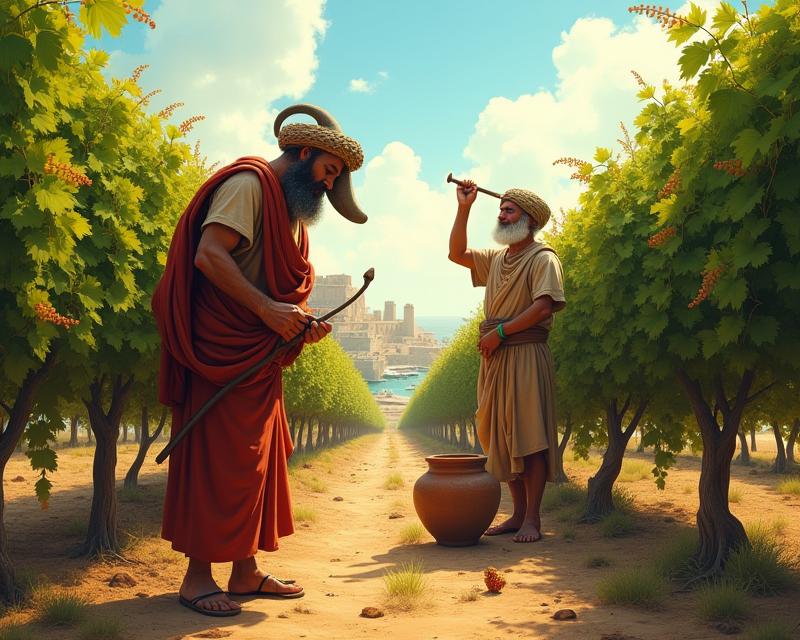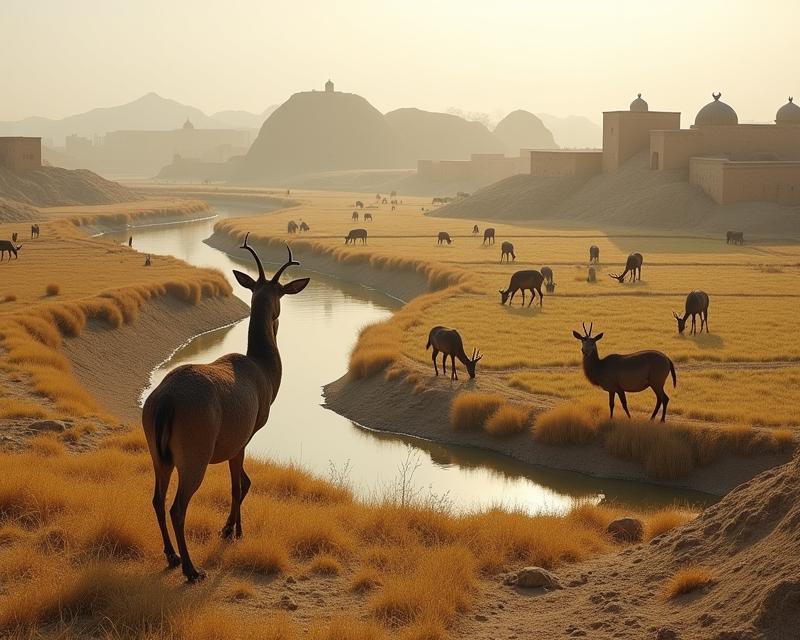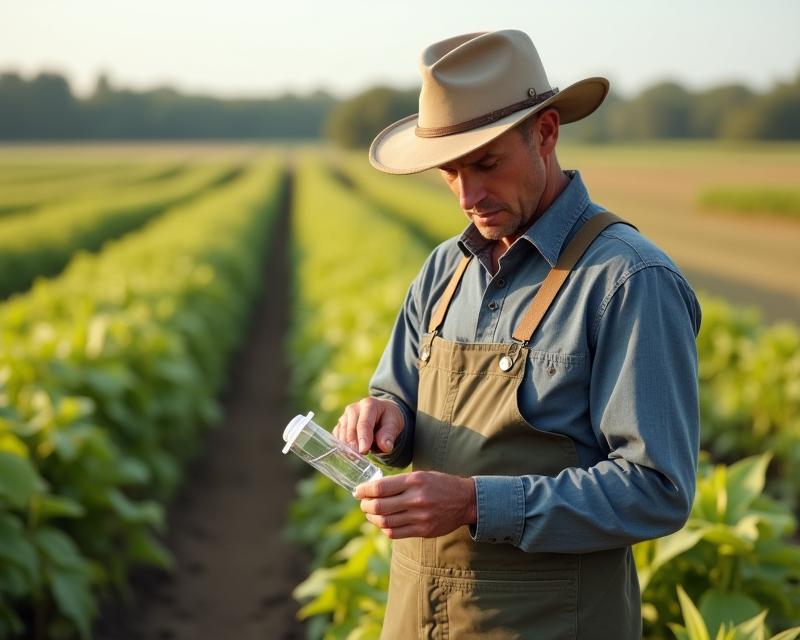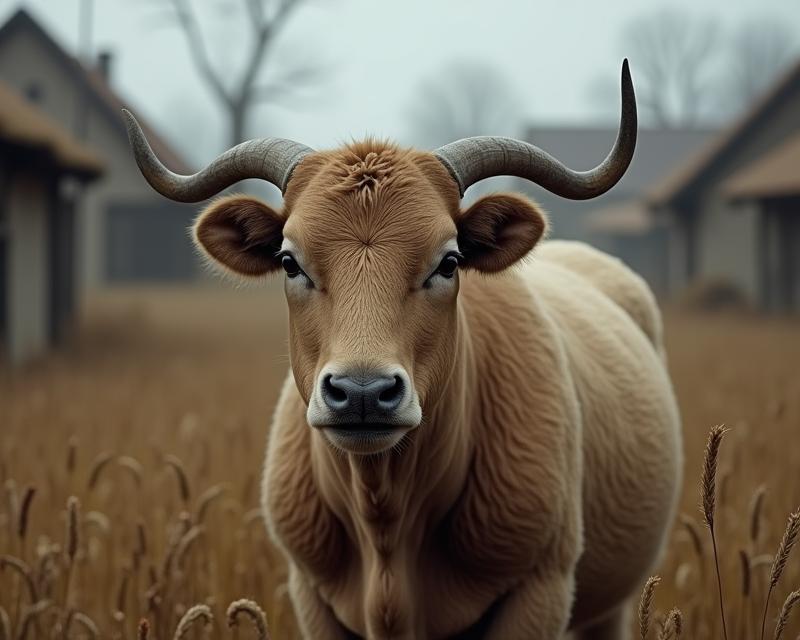Bees: Tiny Workers, Huge Impact
Publish in Agriculture el 28/06/2025 22:33
Bees: Tiny Workers, Huge Impact
Bees are often overlooked, but they play a critical role in global food production. These buzzing insects are responsible for pollinating a vast array of crops, contributing significantly to the food we eat every day. Without bees, our diets would be drastically different and far less diverse.
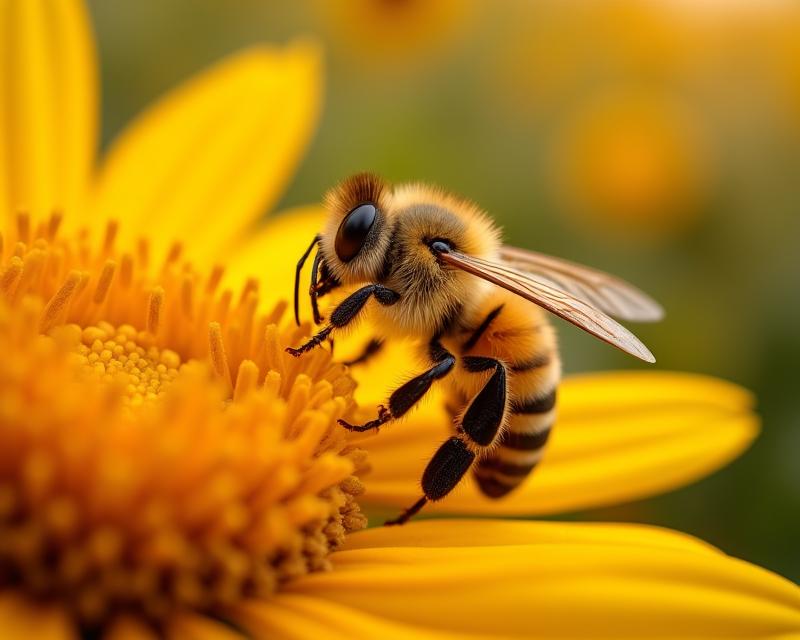
The Pollination Process
Pollination is the process of transferring pollen from the male part of a flower (the stamen) to the female part (the pistil), enabling fertilization and the production of fruits and vegetables. Bees are incredibly efficient pollinators. As they flit from flower to flower collecting nectar and pollen for their hive, they inadvertently transfer pollen, facilitating this vital process. This process is essential for the reproduction of many plant species, including many of our most important food crops.
Crops Dependent on Bees
Many of the fruits, vegetables, and nuts we rely on for a healthy diet depend heavily on bee pollination. Apples, almonds, blueberries, strawberries, pumpkins, and watermelons are just a few examples. The economic value of bee pollination to agriculture is estimated to be in the billions of dollars annually. A decline in bee populations poses a serious threat to food security and agricultural economies worldwide.
Threats to Bee Populations & What We Can Do
Unfortunately, bee populations are facing numerous threats, including habitat loss, pesticide use, climate change, and diseases. These factors are contributing to colony collapse disorder (CCD), a phenomenon where worker bees disappear from a hive. To help protect bees, we can support sustainable farming practices, reduce pesticide use, plant bee-friendly flowers, and create pollinator habitats in our gardens and communities. Supporting local beekeepers is also a great way to contribute to bee conservation efforts. Every little bit helps ensure these vital pollinators continue to thrive and support our food supply.
